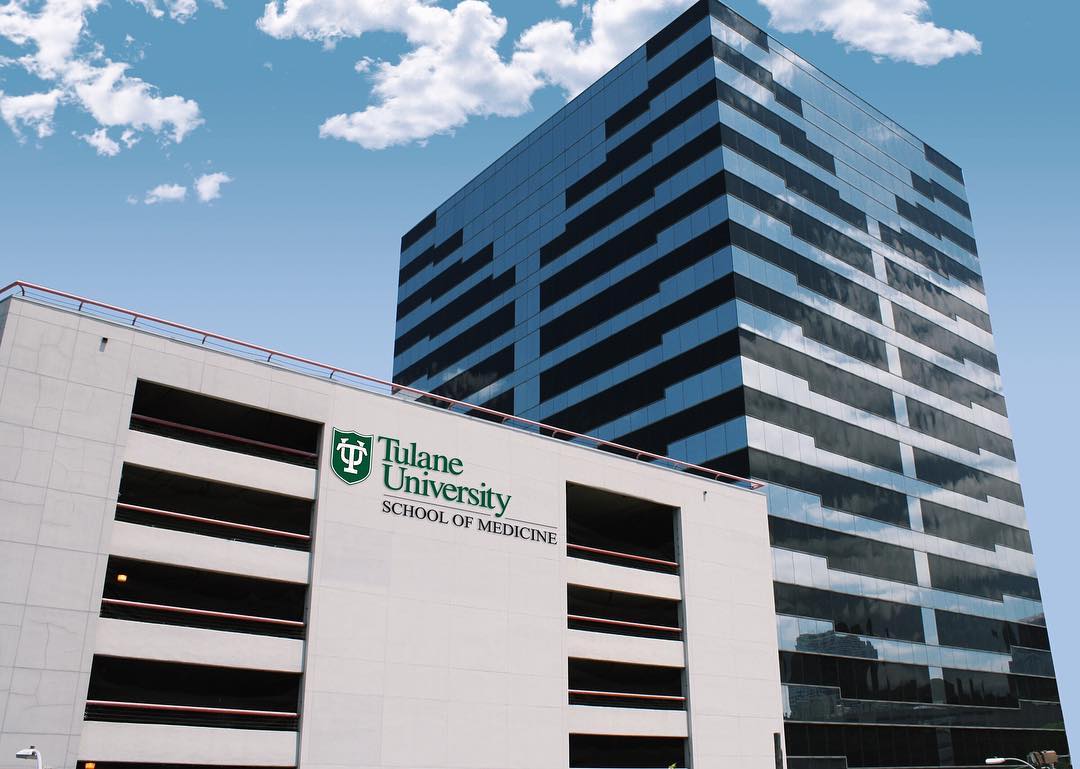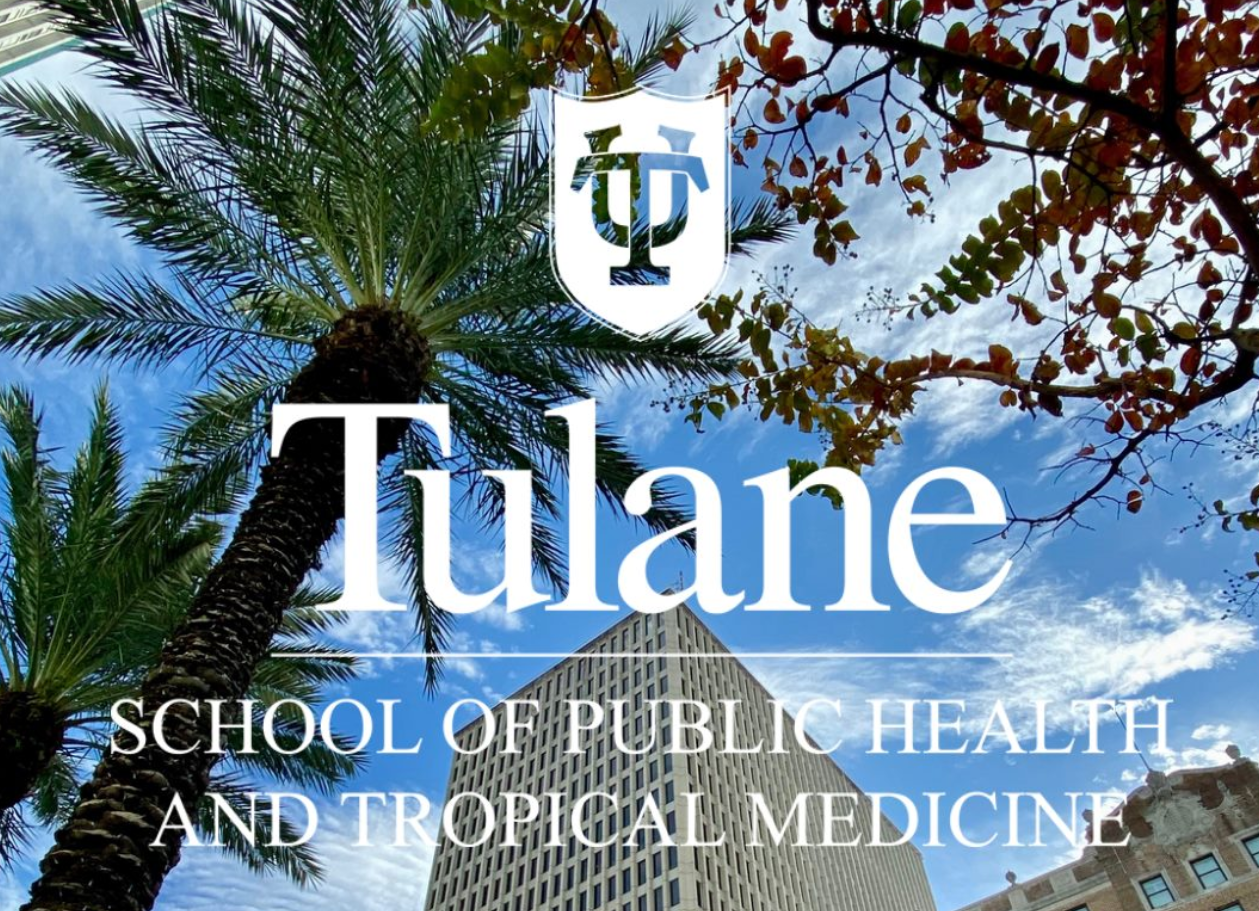Chief, Division of Nephrology & Hypertension – Tulane University School of Medicine
- Position:
- Chief, Division of Nephrology & Hypertension – Tulane University School of Medicine
- Specialty:
- Nephrology, Hypertension, Leadership, Internal Medicine
- Location:
- New Orleans, LA

Position Overview
Tulane University School of Medicine is conducting a national search for a talented and accomplished leader in Medicine to serve as the next Chief of Nephrology in the Department of Medicine. The Tulane University School of Medicine and its Department of Medicine is renowned for combined excellence in research, training, and clinical service.
The next Chief will join an institution with support of the Dean, great resources, and revitalized energy across the School of Medicine and its partners, Tulane Health Systems, the University Medical Center, Children’s Hospital, the Southeast Louisiana Veterans Health Care System, and numerous other community partners.
Qualifications
The new Chief will be a nationally recognized scholar, educator and strategic leader advancing the missions of the section, department, and school in education, research and patient care. The candidate will possess a distinguished record in research, clinical work and their experience should align with the school’s achievements in education and academics. A record of achievement in basic, translational, or clinical research is expected, and in this regard, it is anticipated that the Chief will have a record of extramural funding. Experience in a leadership capacity is also expected of candidates for this position.
Successful candidates will be an accomplished nephrologist holding an MD, DO or MD/PhD degree. Candidates should have at a minimum, five (5) years of clinical/educational/research leadership experience including experience in strategic planning and implementation.
The candidate must be able to articulate a vision for sustaining and building an exceptional Section of Nephrology. The individual will provide leadership in all of the mission critical aspects of the Department including education, research and clinical care.
As a University employed faculty member, you will receive a negotiable salary commensurate with experience, and a fully comprehensive benefits package, and relocation allowance.
Inquiries, Nominations
Inquiries, nominations and applications are invited. Applications must include a curriculum vitae and be submitted electronically to Gentry Zacheis, President of Academic Med, via email: Gentry@academic-med.com
Position Specifics

Division of Nephrology & Hypertension
With over 15 clinical and research faculty, the Division has a strong record of achievement in research, patient care and teaching. The Division’s faculty includes individuals with expertise in Nephrology, Hypertension, Transport, Epidemiology, and Kidney Transplant.
Tulane University offers a comprehensive accredited two-year nephrology training program that includes broad clinical experience through rotations and clinic assignments at area public, private, and government operated hospitals and clinics and opportunity to achieve scholastically through research, publications and teaching experiences.
A strong relationship with the School of Public Health provides research opportunities for epidemiological studies. A Center of Excellence in Hypertension strengthens research conferences and provides additional research opportunities. A close relationship with Pediatric Nephrology gives fellows access to experts in the field of Pediatric Nephrology. A diverse patient population provides unique clinical opportunity.
Research
Tulane Nephrology research encompasses basic science, clinical studies and epidemiological studies. The section collaborates extensively with a variety of other departments and centers, including Epidemiology, Tulane School of Public Health and Tropical Medicine, and the Tulane Hypertension and Renal Center of Excellence, Department of Physiology. Studies include epidemiology and genetics of chronic kidney disease and related cardiovascular diseases, such as hypertension, as well as various aspects of pathophysiology of hypertension, angiotensin II injury, and hormones affecting cardiovascular physiology.

Tulane University
Located in historical New Orleans, LA, Tulane University was founded in 1834, and is one of the most highly regarded and selective independent research universities in the United States. Tulane’s schools and college offer degrees in the liberal arts, science and engineering, architecture, business, law, social work, medicine, and public health and tropical medicine.
The university is a member of the prestigious Association of American Universities, a select group of the 62 leading research universities in the United States and Canada with “preeminent programs of graduate and professional education and scholarly research.” Tulane is also ranked by the Carnegie Foundation for the Advancement of Teaching as a university with “very high research activity.” The Tulane University Health Sciences Campus in downtown New Orleans includes the School of Medicine and School of Public Health and Tropical Medicine, while the Tulane National Primate Research Center is located in Covington, LA. Tulane also has 40 major academic programs operating in 20 countries.

Tulane University School of Medicine
One of the nation’s most recognized centers for medical education, Tulane University School of Medicine is a vibrant center for education, research and public service. Tulane University School of Medicine is the second-oldest medical school in the Deep South and the 15th oldest medical school in the United States. Tulane School of Medicine is fully accredited by the Liaison Committee on Medical Education.
Tulane School of Medicine recruit top faculty, researchers and students from around the world, and pushes the boundaries of medicine with groundbreaking medical research and surgical advances. From invention of the binocular microscope to robotic surgeries, Tulane School of Medicine remains at the forefront of modern medical innovation. Tulane School of Medicine is equipping the next generation of medical professionals with the tools to succeed in a rapidly changing world and shape the future of health care. Today, the medical school is but one part of the Tulane University Health Sciences Center, which includes the:
- School of Medicine
- Tulane University Hospital and Clinic
- School of Public Health and Tropical Medicine
- University Health Service
- Tulane Regional Primate Research Center
- the U.S.-Japan Biomedical Research Laboratories
- Tulane/Xavier Center for Bioenvironmental Research
Learn more about the Tulane University School of Medicine by visiting their website.

Tulane University School of Public Health & Tropical Medicine
Public health is an interdisciplinary field and Tulane SPHTM offers a full array of masters and doctoral degrees across the public health spectrum that includes study in biostatistics, epidemiology, environmental health, community health and behavioral science, health management and policy and tropical medicine. SPHTM education is applied and skills-based with developing strong analytical skills and managerial skills while focusing on their application to promote health and prevent diseases in communities and protecting the environment.

Location – New Orleans, Louisiana
Relevant Links
Learn about some of the other ongoing recruitment efforts at Tulane University by visiting the job post links below:




